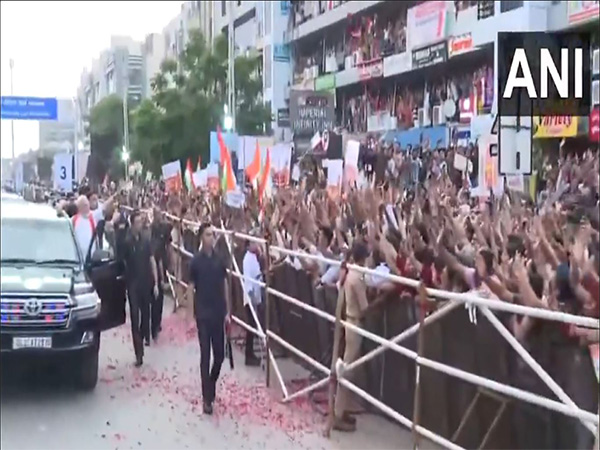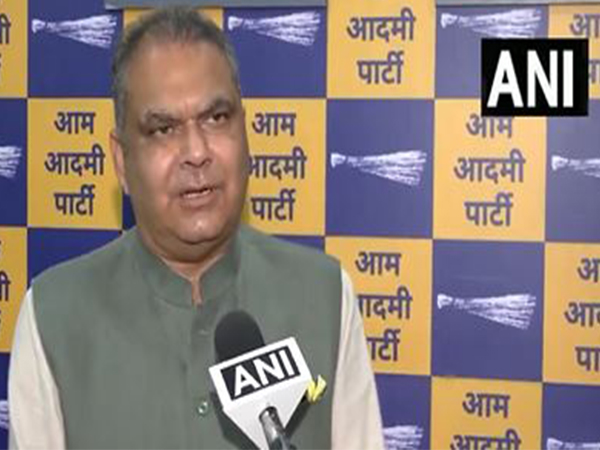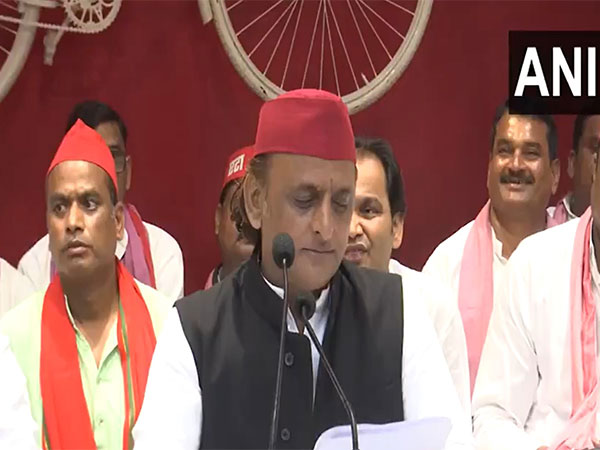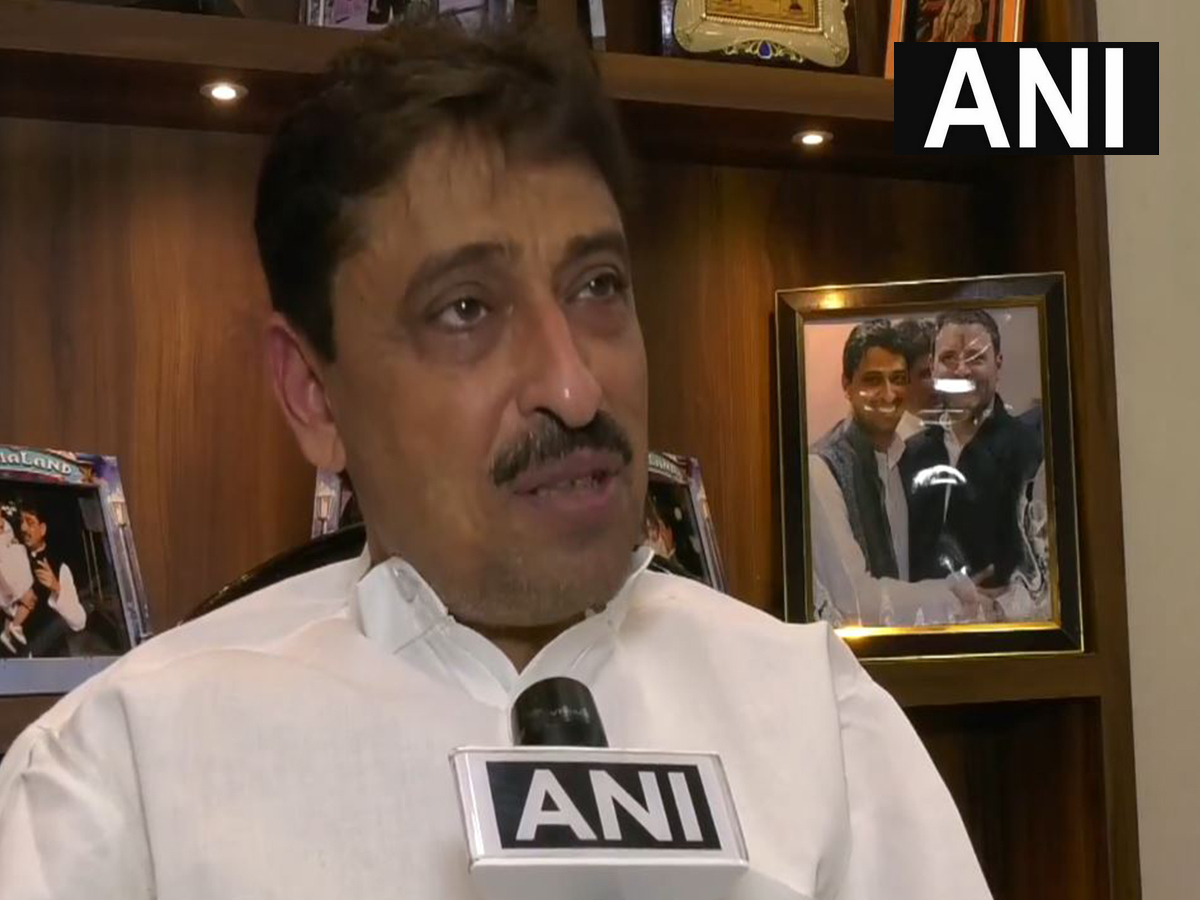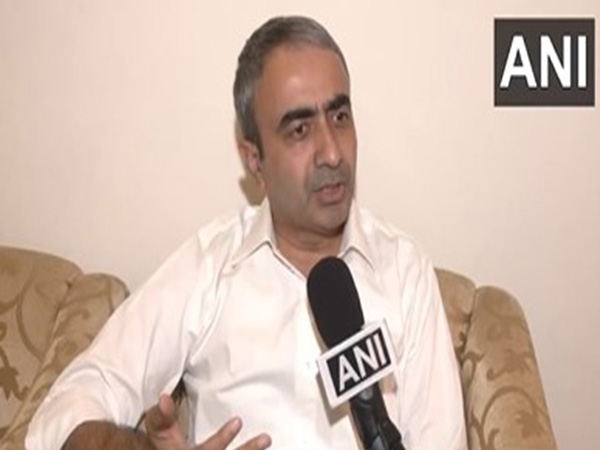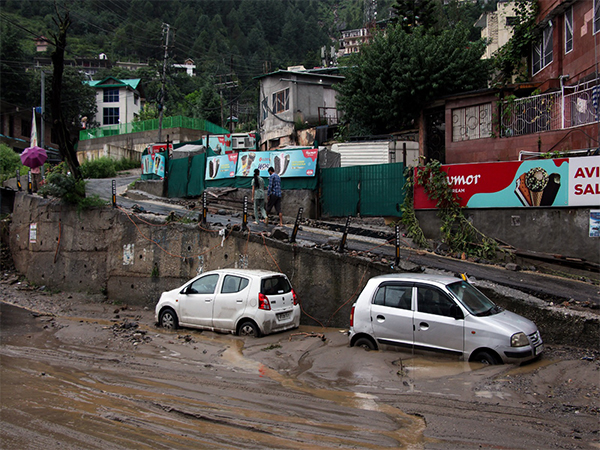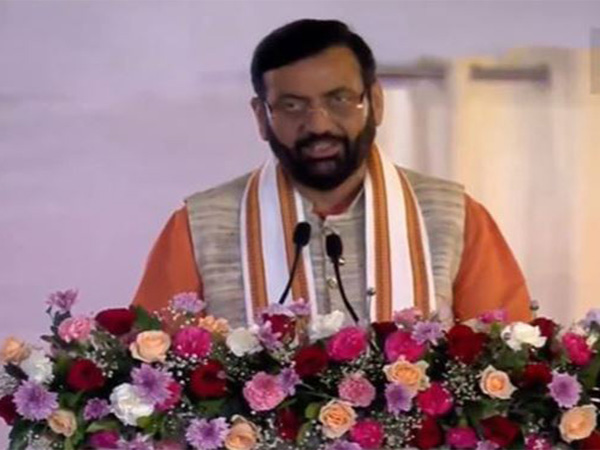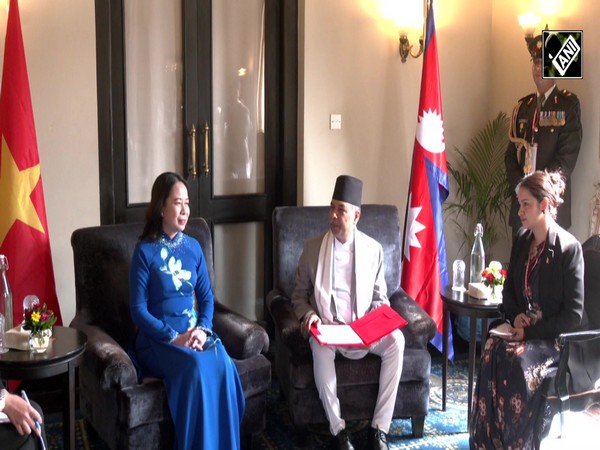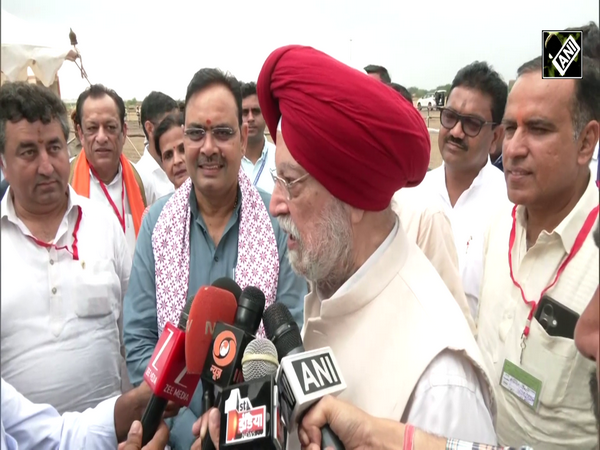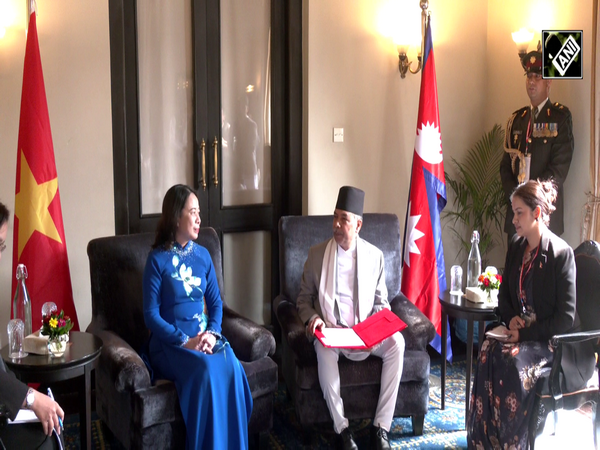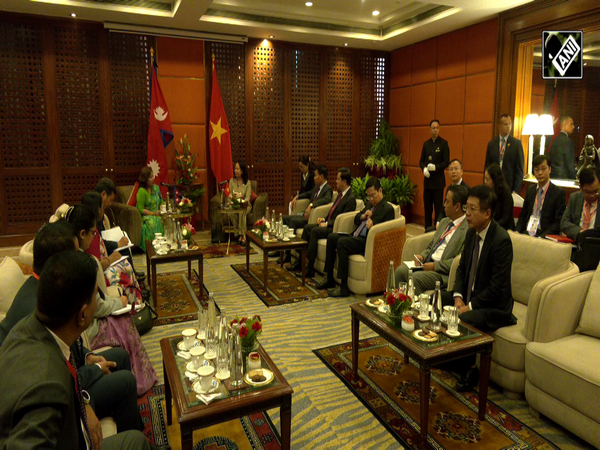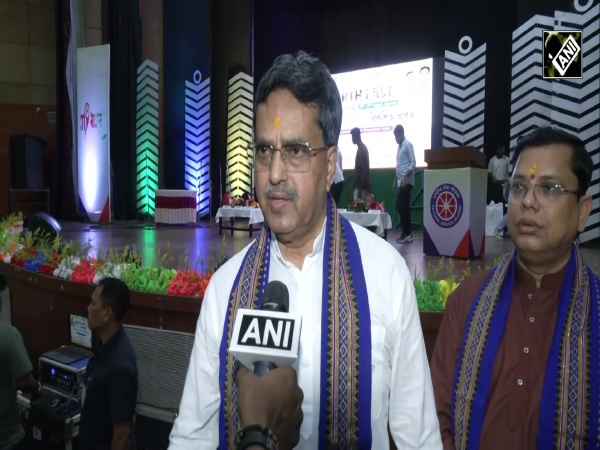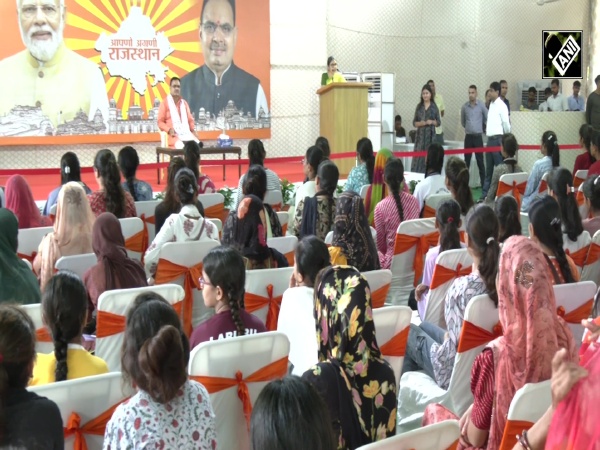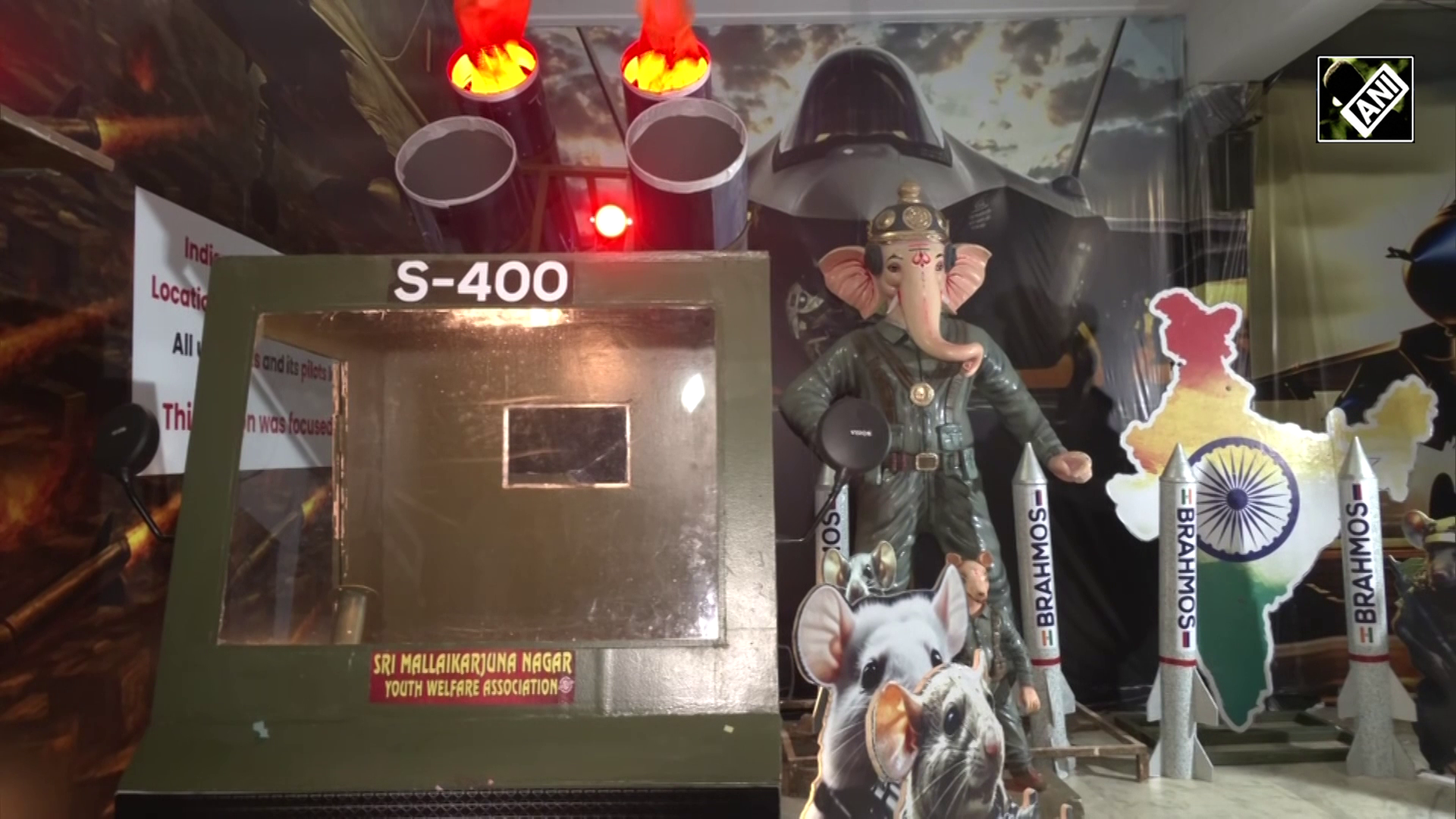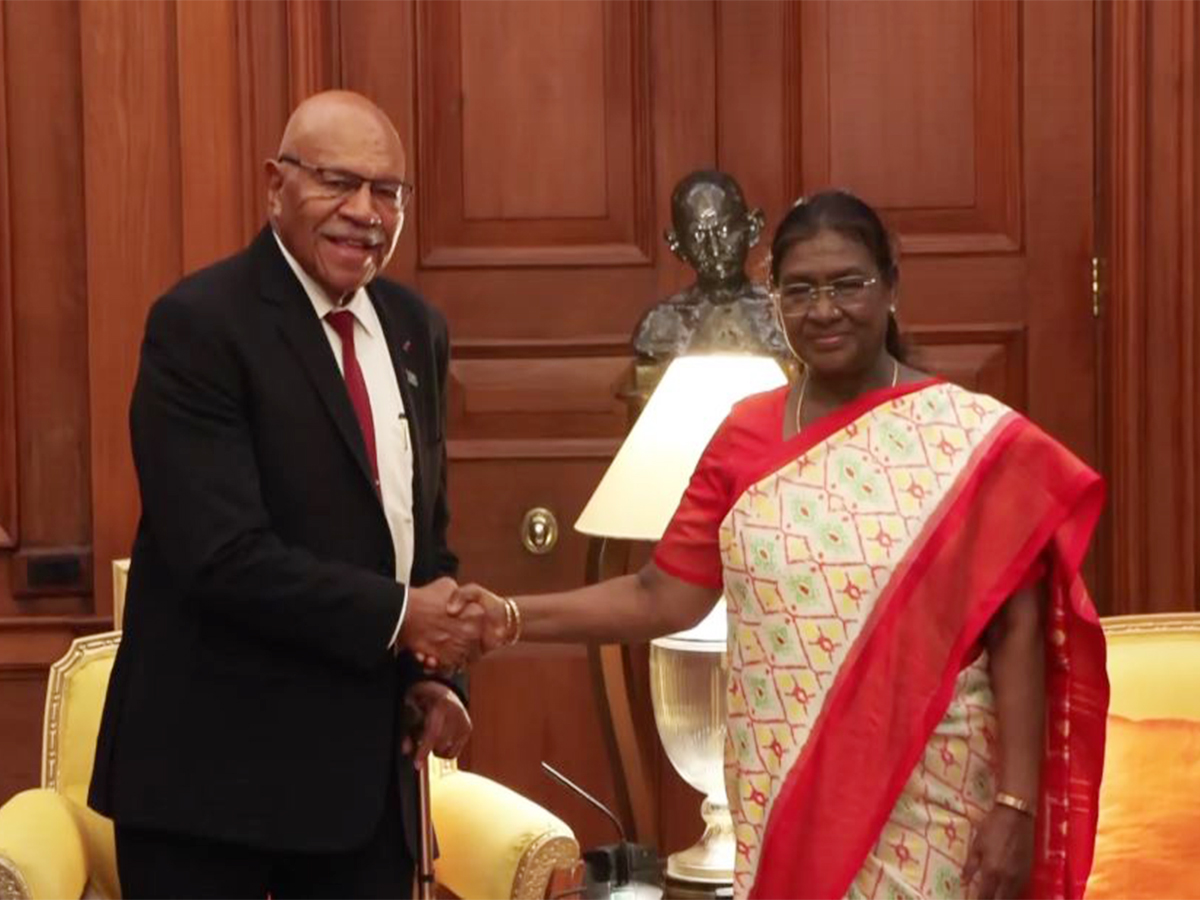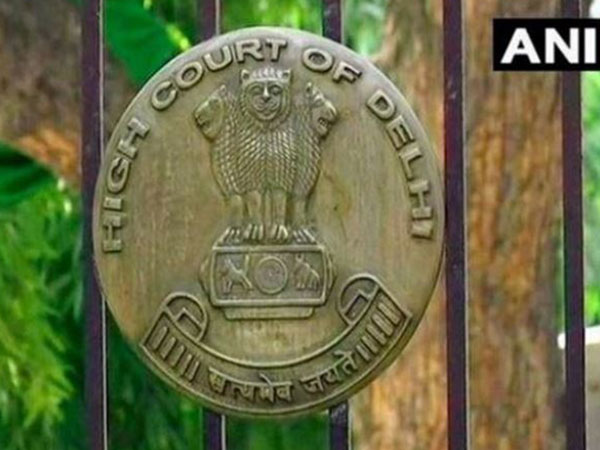
RTI not meant for sensationalism, says Delhi HC; bars public disclosure of PM Modi's degree, Smriti Irani's school records
Aug 25, 2025
New Delhi [India], August 25 : The Delhi High Court on Monday stated that the Right to Information (RTI) Act was enacted to ensure transparency in governance, not to serve as "fodder for sensationalism."
Justice Sachin Datta observed that even seemingly innocuous disclosures could open the "floodgates of indiscriminate demands, motivated by idle curiosity or sensationalism, rather than any objective public interest consideration."
Delivering the verdict in a case relating to Prime Minister Narendra Modi's undergraduate degree records, the Court held that marksheets, results, degree certificates, and other academic records of any individual constitute personal information. Importantly, it stressed that "the fact that a person holds a public office does not, per se, render all personal information subject to public disclosure."
The ruling set aside a 2016 order of the Central Information Commission (CIC) that had directed Delhi University to allow inspection of its 1978 BA degree registers, the year PM Modi graduated.
The Court further rejected arguments that information over 20 years old must be disclosed under Section 8(3) of the RTI Act, holding that exemptions under Sections 8(1)(e) and 8(1)(j) continue to apply to personal and fiduciary data even beyond that timeframe.
Midway through the same judgment, the High Court also struck down a CIC order directing the Central Board of Secondary Education (CBSE) to reveal whether Union Minister Smriti Irani had cleared her Class 10 and Class 12 examinations in 1991 and 1993.
The Court reiterated that such information also falls within the ambit of personal academic records, protected from disclosure under the RTI framework.
The Court emphasised that the relationship between a university or academic board and its students is fiduciary in nature, with institutions acting as custodians of sensitive information. Disclosure of such data, it noted, is permitted only to the student concerned, not to third parties, unless a demonstrable overriding public interest exists.
During hearings, Solicitor General Tushar Mehta, appearing for Delhi University, argued that indiscriminate disclosure would encourage politically motivated RTI applications.
He pointed out that while records could be produced before a court if required, placing them in the public domain would erode the confidentiality framework of the Act.
The case originated from RTI applications that led to CIC orders in 2016. While the Commission had earlier reasoned that degree registers were public documents, the High Court has now overturned those findings, making clear that academic records, even of public figures, remain protected under the law.
